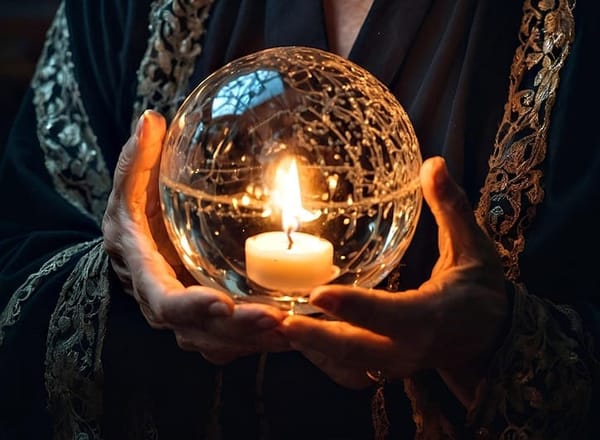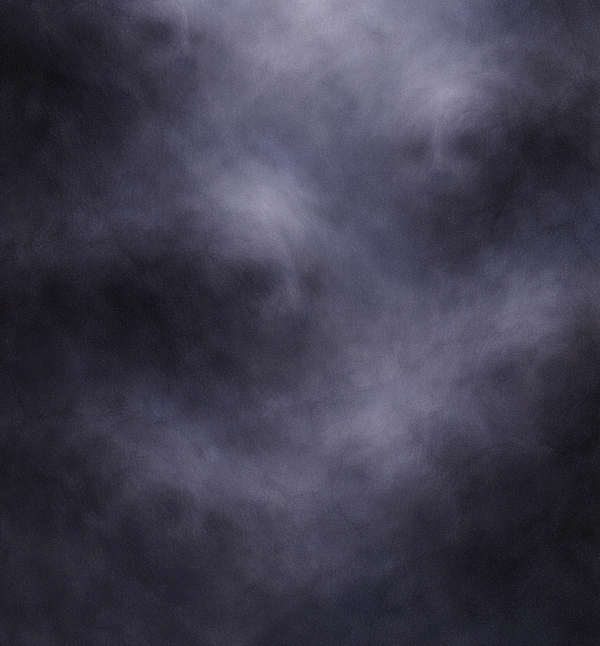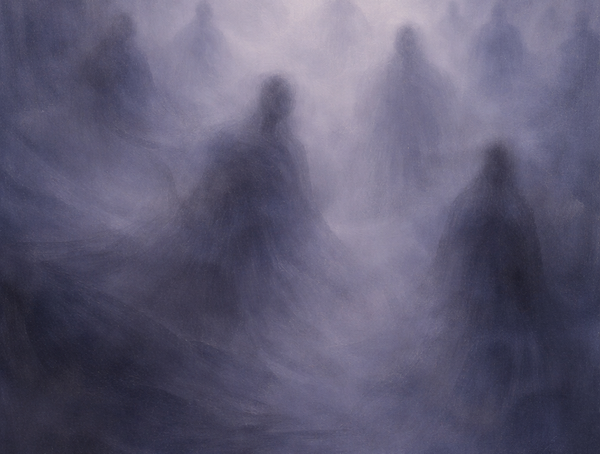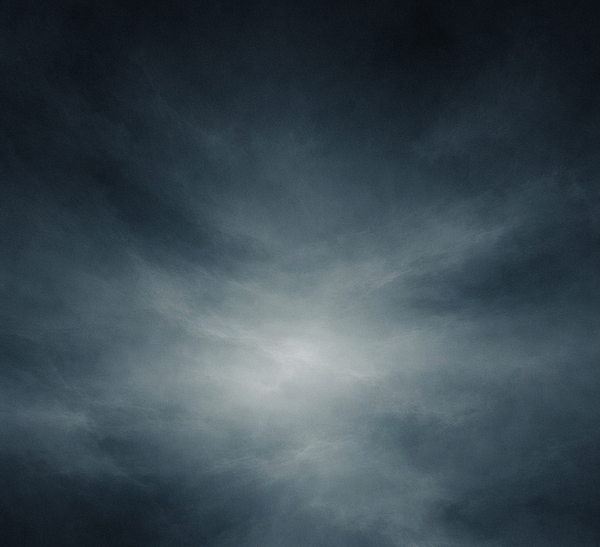What is the Human Being?
The inner world is invisible to the sense, yet we still perceive it.
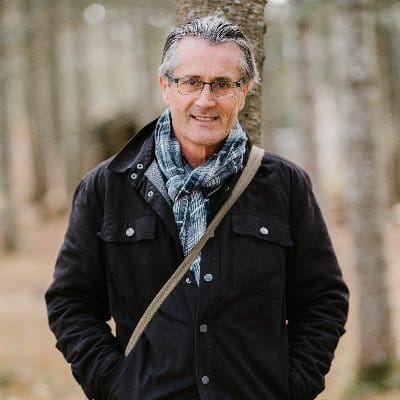
The inner world is invisible to the sense, yet we still perceive it.


Today this question presses itself upon us with new urgency. The convergence of digitalization and biotechnology threatens to define the human as nothing more than a programmable machine — an apparatus among other apparatuses.
But to reduce the human to mechanism is to overlook the living substance of our being. The senses, for example, are not mechanical devices. The eye is not a camera. Streams of formative life move outward through our gaze, meeting the world in active participation. Our senses are woven into etheric currents — not passive receptors, but formative forces that join us to reality.
This touches a deeper misunderstanding that continues to haunt even spiritual circles: the belief that our inner world is merely subjective. Emotions, feelings, desires are taken as expressions of personality, but not as substance, and being. Yet in truth, the inner world is made of formative materials: etheric, astral, and other super-sensible realities. These are not metaphors, but realms that can be worked with.
For Rudolf Steiner, this was decisive. In painting, for instance, he insisted that colour is not a means of self-expression, nor a way to represent external things. Colour itself is a being, a cosmic presence. Out of the interplay of colours, a rock might be made to emerge — not as representation, but as revelation of spiritual working of the very formative activities present in the colours themselves. In this way, painting becomes a schooling in perceiving the spiritual realm itself.
This is the task before us: to recognize that the human being is not mechanism but participant in the spiritual cosmos, woven through with super-sensible substance. To forget this is to make ourselves available for fusion with machines. To remember it is to discover what it means to be human.
And beyond remembering it, there is to simply see it, by looking at it: The inner world is invisible to the sense, yet we still perceive it, or else we wouldn't be aware we have an inner world, with all it contains.


